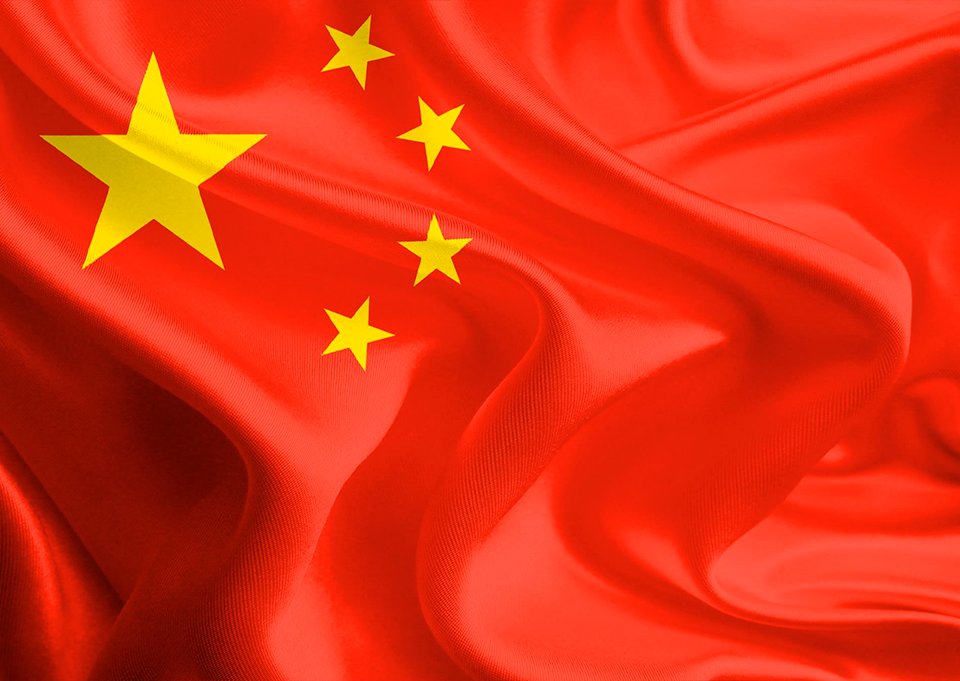The growing interest in organic foods highlights the unstoppable trend shift in our society. The new consumer profile increasingly cares about their diet, not only with a balanced diet but also by choosing organically grown products without pesticides or artificial chemical fertilizers.
The healthy diet of the new consumer includes not only organic foods but also other products that provide additional nutrients and benefits to the body. This change in mindset has also led to increased demand for so-called superfoods.
Organic Foods and Superfoods for the New Society
Legumes, berries, algae, spices, and cereals like buckwheat are some of the organic foods that are garnering the most interest in Spain.
At Bull Importer, we only work with producers of organic, bio, and organic foods that comply with the regulations established by the European Union, ensuring that no pesticides or chemical fertilizers are used in the crops.
However, since the area dedicated to organic farming in our country is very limited, the solution is to import these products, mainly from Asia, where more and more land is being dedicated to these crops.
Organic Ginger
Organic ginger from China is one of the organic foods that has seen a surge in demand. Its excellent nutritional properties and versatility in cooking have contributed to the success of this root.
Organic Soy
Soy has made its way into our country, achieving great popularity. Its use extends to both milk substitute beverages and the preparation of ready-to-eat organic and vegan foods. And we must not forget the important role it is playing in the feeding of farm animals thanks to the low cost of this legume.
Algae as a Superfood
Algae are part of that group of plant products known as superfoods for their properties and benefits to the body.
Organic chlorella algae has become a safe bet for importers, given the interest it generates in the food, cosmetic, and nutraceutical industries. Currently, this organic food is experiencing its peak market share.
Spirulina is a blue-green algae in the shape of a spiral that has recently been classified by the World Health Organization (WHO) as a superfood. This decision was based on the large amount of protein, vitamins, and minerals it contains, which has increased its consumption and, therefore, its importation.
Legumes and Cereals
Spain is the European country that consumes the most legumes, and national production does not cover internal demand. The supply of legumes is supplemented with high import figures for chickpeas, lentils, and beans. A significant portion of legumes comes from India, one of the world’s leading suppliers.
International trade in legumes has increased by 5.5% since 1980. Global demand amounted to 12.5 million tons in 2014. According to the Food and Agriculture Organization (FAO), the average global consumption of legumes is 7 kilograms per person per year.
Another highly demanded organic product is buckwheat, whose grain is used to make gluten-free flours with multiple uses in the food industry, especially in baking and pastry. Also known as beech wheat, Arab wheat, goat wheat, Moorish wheat, Turkish wheat, or fajol, it stands out for being a heart-healthy food that helps combat hypertension, cholesterol, obesity, or diabetes.
Cocoa, goji berries, and matcha tea are other star foods regarding the importation of organic products.
Complying with the Law
Organic, bio, and organic foods must comply with current legislation to be imported into the European Union. Only those that have passed strict controls can display the organic certification seal, which is mandatory for all pre-packaged foods using terms referring to organic, biological, or organic production.
Organic agricultural production is regulated by EU regulations 834/2007 and 889/2008. The labeling must indicate whether the raw material comes from EU Agriculture (European Union), non-EU Agriculture (third countries), or EU/non-EU Agriculture (from both origins).




